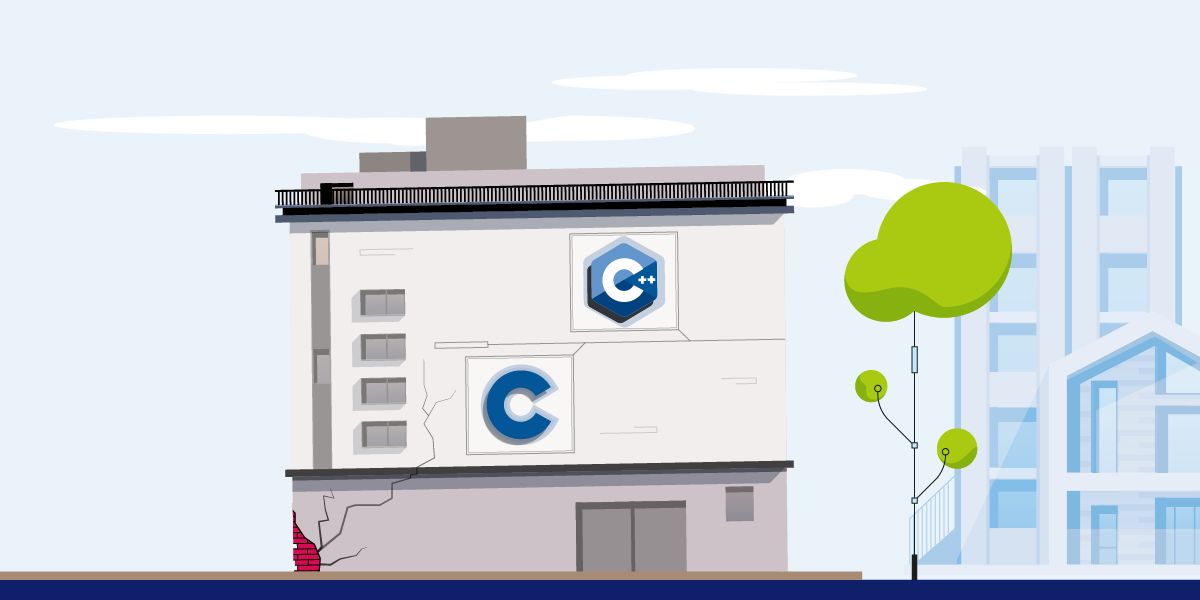Lay a strong foundation by writing secure C and C++ utilities
by
October 16th, 2020

We build world-class Code Quality & Security tools: SonarQube, SonarLint and SonarCloud
About Author
We build world-class Code Quality & Security tools: SonarQube, SonarLint and SonarCloud
